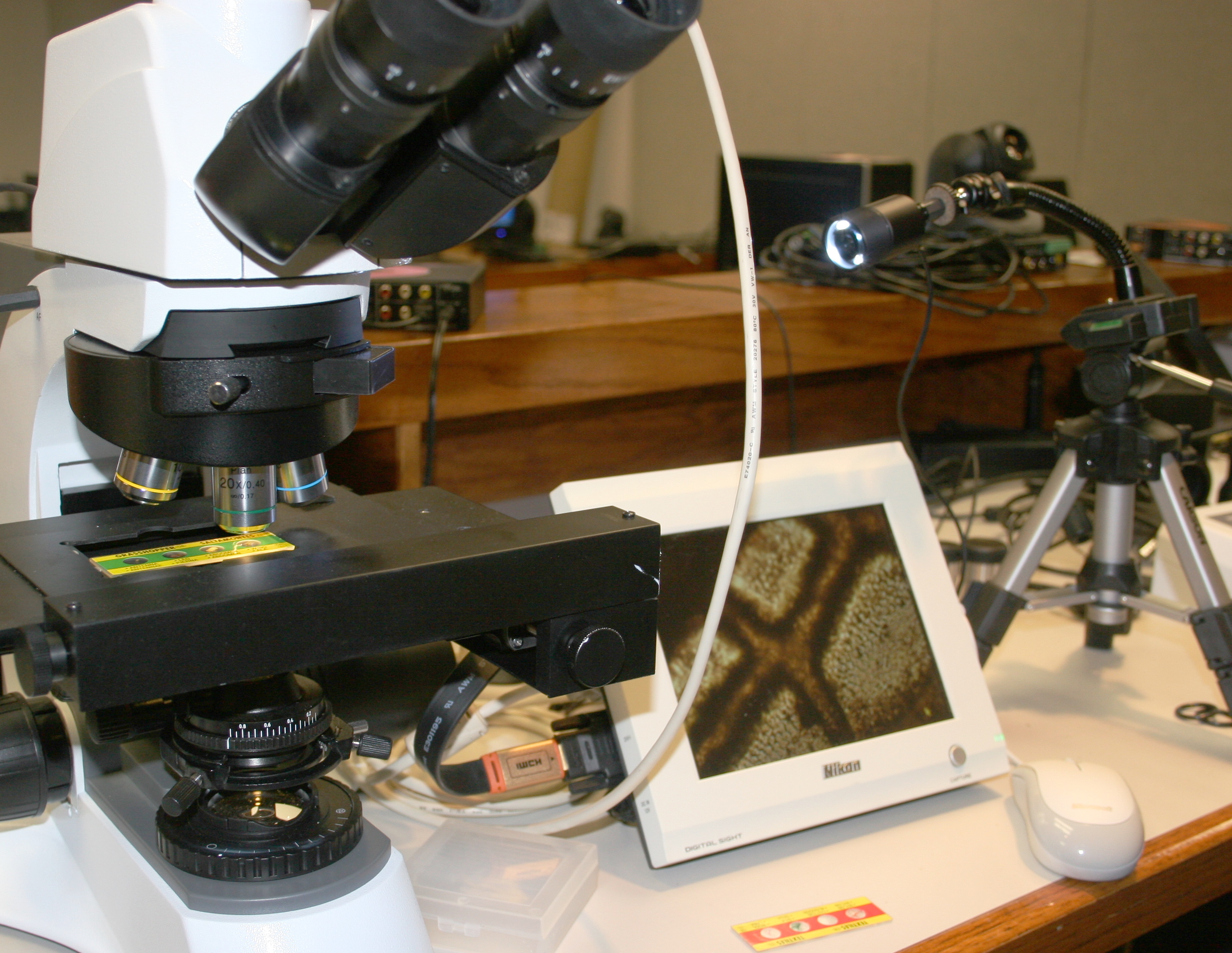The North American Network of Science Labs Online (NANSLO)
Published by: WCET | 6/27/2012
Tags: Course Design, Credits, Instructional Design, Lab Courses, Online Learning, STEM
Published by: WCET | 6/27/2012
Tags: Course Design, Credits, Instructional Design, Lab Courses, Online Learning, STEM
Today’s guest blog comes to us from our WICHE colleagues Pat Shea and Catherine Weldon who run an innovative program to bring sophisticated science into the virtual hands of online students.
NANSLO represents an international collaborative partnership between postsecondary institutions in the U.S. and Canada. The collaboration will result in the development of online science course materials for critical gatekeeper courses of physics, biology, and chemistry for first year students interested in considering science as a major. The project started in May of 2011 and will conclude in December of 2012 and is funded through a grant from the Next Generation Learning Challenges.
The most significant outcome of the project has been the dedication and hard work on the part of faculty members at our partner institutions. Faculty members work together in discipline panels, based on their expertise. Most recently, the panels have completed development of laboratory exercises that complement the core NANSLO online curriculum. These laboratory exercises are known as Remote Web-based Science Labs (RWSL). An RWSL exercise makes use of remotely accessible scientific equipment through use of robotics and software over the Internet.
HOW DO STUDENTS USE RWSL EXERCISES?
Accessing the RWSL exercises is easy. Students first log-in to the NANSLO website to configure basic software that launches the RWSL interface and assures access to the remote equipment. Each student receives a brief lab manual explaining the equipment, video and audio software. When connected, students are able to talk with lab technicians who work in the lab using audio software. They can also talk with other students who are logged in to use the same experiment. Up to four students can work together. One student controls the equipment at a time. Students are able to pass the controls between them in order to share use of the equipment.
WHAT DOES THE EXPERIENCE LOOK LIKE TO THE STUDENT?
 Laboratory equipment, such as the microscope to the left, is equipped with a camera that views and captures high resolution images of slide samples. Additional cameras are positioned in the lab near the microscope so that students can view the microscope, lab technician, and surrounding lab equipment. This perspective offers a view of the equipment as seen by students.
Laboratory equipment, such as the microscope to the left, is equipped with a camera that views and captures high resolution images of slide samples. Additional cameras are positioned in the lab near the microscope so that students can view the microscope, lab technician, and surrounding lab equipment. This perspective offers a view of the equipment as seen by students.
The left hand pane of the RWSL interface (shown below) provides various camera controls for manipulation of video images of the microscope and laboratory. Other controls adjust the position of the slide as well as the microscope’s magnification. Students can view the microscope as they change its magnification via the use of Picture in Picture whereby an imbedded image of the above video stream is presented in the bottom left-hand corner of the interface. In the right hand pane of the RWSL interface, you can see the slide sample.
WHY IS NANSLO IMPORTANT?
Students enrolled through Colorado Community College Online are the first students in the U.S. to make use of RWSL exercises in their first semester physics, biology or chemistry science courses. CCCS believes that RWSL is critical for the following reasons:
NANSLO is currently seeking funding from various sources to further the initiative. The NANSLO network will grow to include many more nodes (locations of remote labs) in the U.S. and Canada. We look forward to serving students at institutions across the continent. We have plans for development of a “faculty sandbox” accessible via the web where faculty can become acquainted with remote labs, collaborate in the design of new lab curriculum using them, and test the new lab exercises. We will also have a dedicated development lab where programmers will experiment with new technologies and program equipment to perform the experiments designed by faculty in the sandbox. We envision NANSLO including other disciplines such as geology, engineering, astronomy, allied health, and many more. Faculty from more two-year and four-year institutions will work together to create and share course modules, increasing the likelihood that courses transfer and articulate to more institutions. It will be very important that NANSLO research results be well disseminated in the online learning literature, and that faculty in North America become aware of the successful student perceptions and outcomes.
Project Overview: http://www.wiche.edu/nanslo
Pat Shea, NANSLO PI pshea@wiche.edu, 303.541.0302
Catherine Weldon, NANSLO Project Coordinator cweldon@wiche.edu, 303.541.0220
1 reply on “The North American Network of Science Labs Online (NANSLO)”
[…] See June 2012 blog post on the NANSLO project. Like this:LikeBe the first to like this. This entry was written by […]